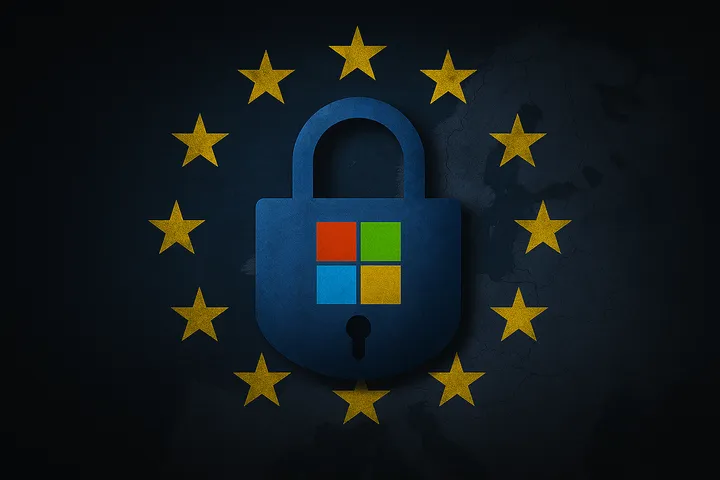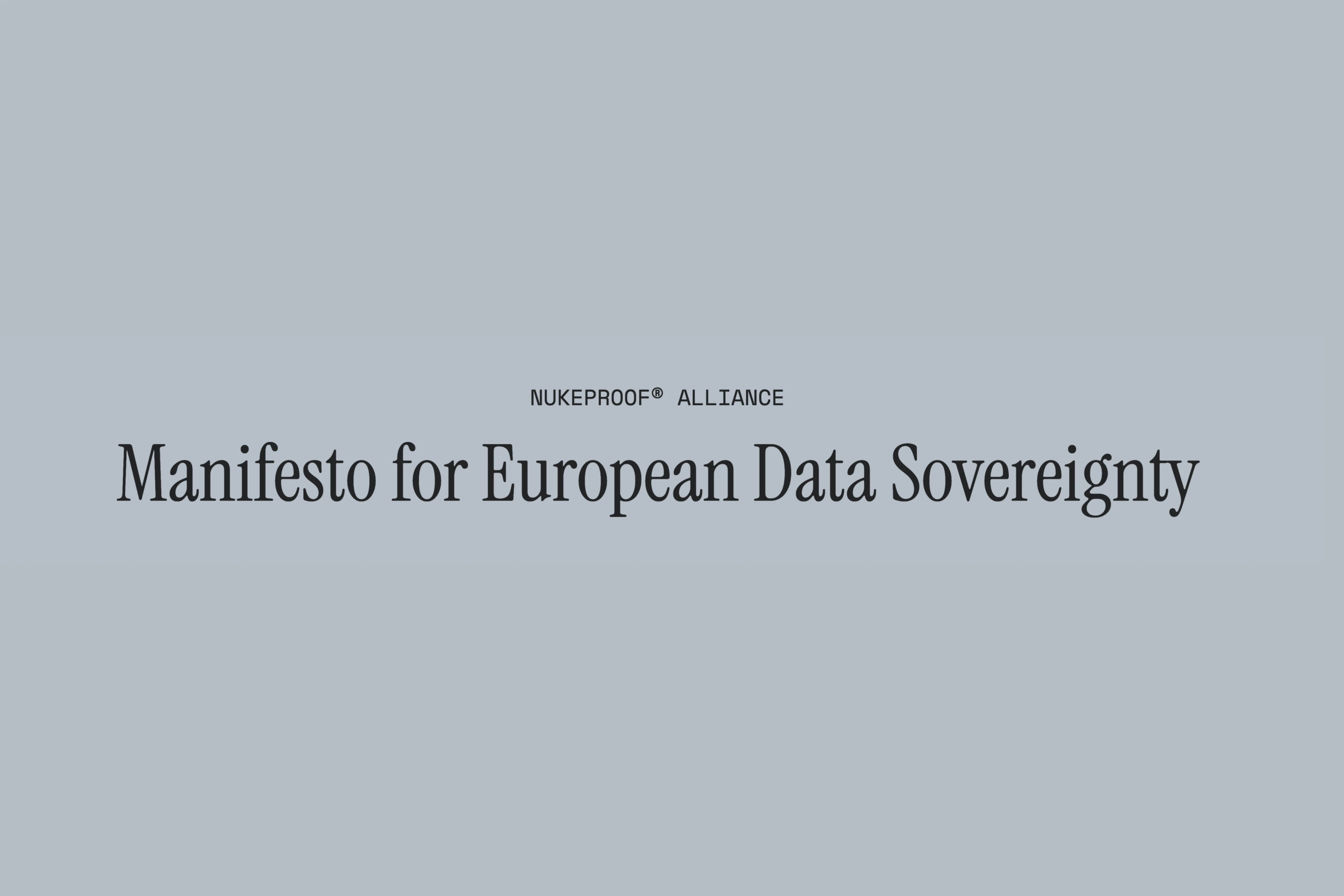Welcome, Microsoft. Seriously.

European data sovereignty is officially on the menu.
We have written about the concept of storing European company data on European soil for a long time. We started SpaceTime for that very reason. So we are excited to see that Microsoft has now joined Google and Amazon – the other US cloud hyperscalers – by embracing the concept of a European sovereign cloud, further validating our thesis.
Microsoft announced its Microsoft Sovereign Cloud this week to give its customers on the continent “the right balance of control, compliance and capability for their needs.”
“Sovereign Public Cloud ensures customer data stays in Europe, under European Law, with operations and access controlled by European personnel, and encryption is under full control of customers,” the company said in more detail.
Microsoft Sovereign Cloud is scheduled to launch in full later this year. That'll put it against the AWS European Sovereign Cloud, which Amazon recently said will be available this year, too. Google, meanwhile, has offered sovereign cloud services in parts of Europe since 2021.
Why go sovereign in Europe?
Microsoft and Amazon are responding to what the market wants today.
Tense global politics twinned with the growing importance of data – which is becoming the most important moat for business in a world increasingly disrupted by AI – means that companies need assurances that their data is secure.
That's not just guarding against the many threats from hackers and other malicious actors, it is about conforming to data laws and avoiding potential government threats. One of the key concerns for European companies is the CLOUD Act.
The act allows US law enforcement to compel US-based companies to provide requested data stored on its servers regardless of the location of that data. So, the US government could compel any US hyperscaler to provide data from one of its European customers even if that data is sitting on European soil.
That's a massive security risk – and that's what European data sovereignty exists to prevent.
Storing data using European cloud providers with data centres on European soil mitigates that risk.
But hyperscalers are US companies
Microsoft doesn't explicitly refer to the CLOUD Act in its 1,300-plus word announcement, but it does allude to regulatory concerns.
“Microsoft is proud to offer the broadest set of sovereignty solutions available on the market today and we will constantly look for new ways to ensure our European customers have the options and assurances they need to operate with confidence,” it said in perhaps one of the most pertinent passages.
Microsoft, Amazon and Google have taken steps to mitigate their position as US-based companies, which includes finding local partners, employing Europeans into key positions, working with government officials, adding advisory boards and even introducing air-gapped solutions.
But one key issue lingers: can any of these measures be effective when they are US-based companies?
There's no straight answer at this point. We believe that companies will ultimately want absolute assurance.
We're glad to welcome Microsoft, Google, and Amazon to the European data sovereignty club. Their presence validates the importance of this movement – but validation isn't the same as leadership.
At SpaceTime, we were built for this from day one. European by design, we offer true sovereignty, not a workaround.
For companies that want real control, real compliance, and real peace of mind, we're already here.



